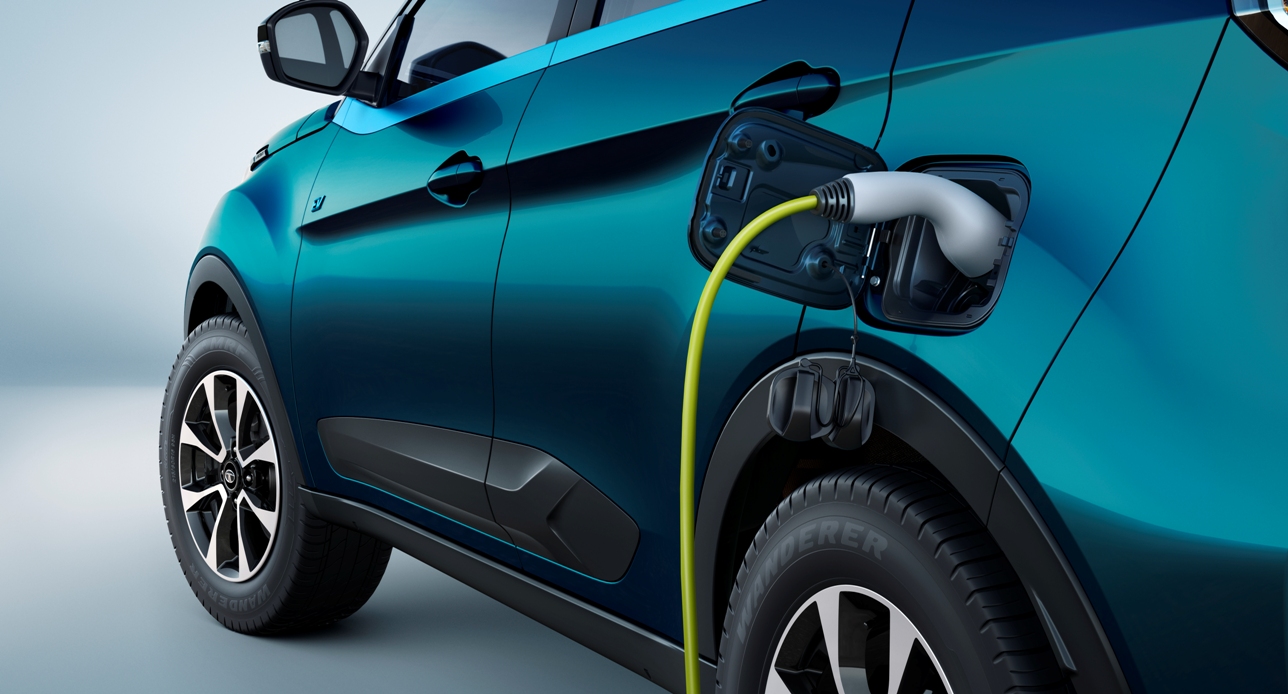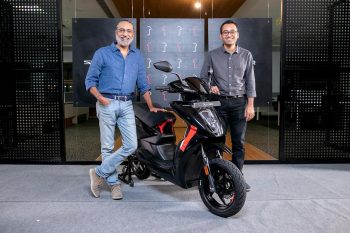In a blog, Times of India has compared electric vehicles with smartphones, stating that like the devices, electric vehicles could soon be found everywhere in India. The blog says that while the last century has been making internal combustion engines popular and cheaper, the next decade will have efforts to make electric vehicles affordable.
According to the blog, one of the stumbling blocks is to make the battery cheaper and cover longer distances in a single charge. EV battery makers, who are focusing on lithium-ion cells, are now targeting a battery cost of $100 per KWh that will bring down the battery cost of a 30KWh capable car to the Rs 2 lakh price bracket from Rs 5-6 lakh presently. Also, companies are looking to increase the range of the batteries from 100 km to a range of 300-400 km or more. The blog also brings to notice the inadequate public charging infrastructure. Cities like Delhi, where air-pollution is reaching emergency levels, are taking action to tackle the problem. Delhi government is offering to waive road taxes and registration charges until 2024 and hefty subsidies on charging equipment through its Electric Vehicle Policy 2019.
Out of 20 cities in the world with highest air pollution, 13 are in India. Many experts say that India should follow China to make EVs the priority. Quartz India has reported China was making less than 1,000 electric cars in 2008, which grew to 1.3 million electric cars in 2018. The Chinese government has invested around $60 billion in the last decade for EVs. By taking just the electric buses into account, China has been able to cut its oil consumption by 300,000 barrels per day and save $5 billion on oil imports each year.
An estimated 74,000 premature deaths were attributable to air pollution from transportation tailpipe emissions in India in 2015, according to International Council for Clean Transportation. India doubles the number of motor vehicles on the roads every 8-10 years and the CO2 emissions will only get worse. Indian government has put in place several policies and initiatives to encourage EV adoption. Schemes like Faster Adoption and Manufacturing of (Hybrid &) Electric Vehicles offer incentives and mandates some segments for EV adoption to reach its goal of 30% EV penetration by 2030.
Several players from the mobility industry are taking action to promote EVs. Indian ride hailing company, Ola (video from 2017 embedded above), has launched Mission Electric that looks to add 10,000 e-auto rickshaws to its fleet and is aiming to put a million electric vehicles on the road by 2022. Mahindra is expected to pour in Rs. 18 billion into EV production in the next three years.
On the products front, there isn’t a car company in India that is not developing an electric vehicle. Mahindra is getting ready to launch eKUV100 in the coming weeks, followed by electric versions of the XUV300 and the Ford Aspire, under the newly formed JV with Ford. Tata Motors already has the eTigor in its lineup and will be launching Tata Nexon EV later this month. Hyundai has brought in the Kona electric SUV that was launched last year and the company has sold all the units allocated for 2019. MG Motors will be launching its electric SUV, MG ZS EV in a few days and has already opened charging stations at its dealerships. The biggest manufacturer of India, Maruti Suzuki, will reveal its first electric car this year before selling it to customers in 2021.
Source: timesofindia.indiatimes.com, qz.com, , niti.gov.in,

![EESL plans 10,000 electric vehicle charging stations within 3 years [Update]](https://electricvehicleweb.com/wp-content/uploads/2020/06/Tata-Altroz-Tata-vehicle-charger-350x265.jpg)

